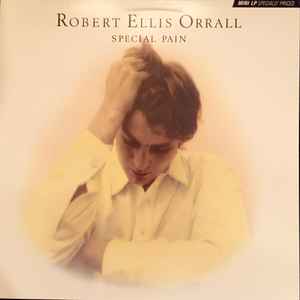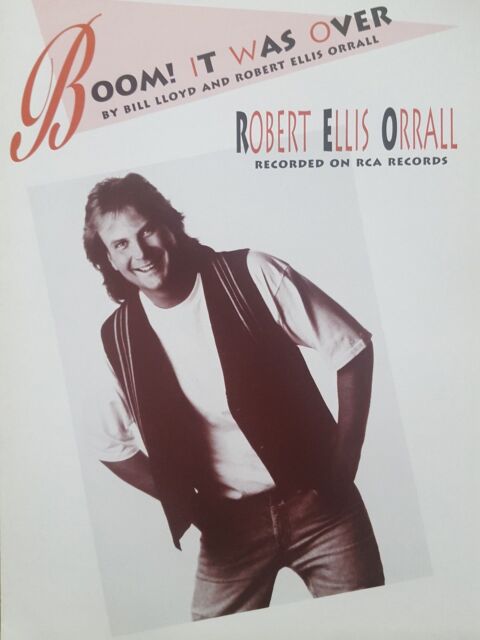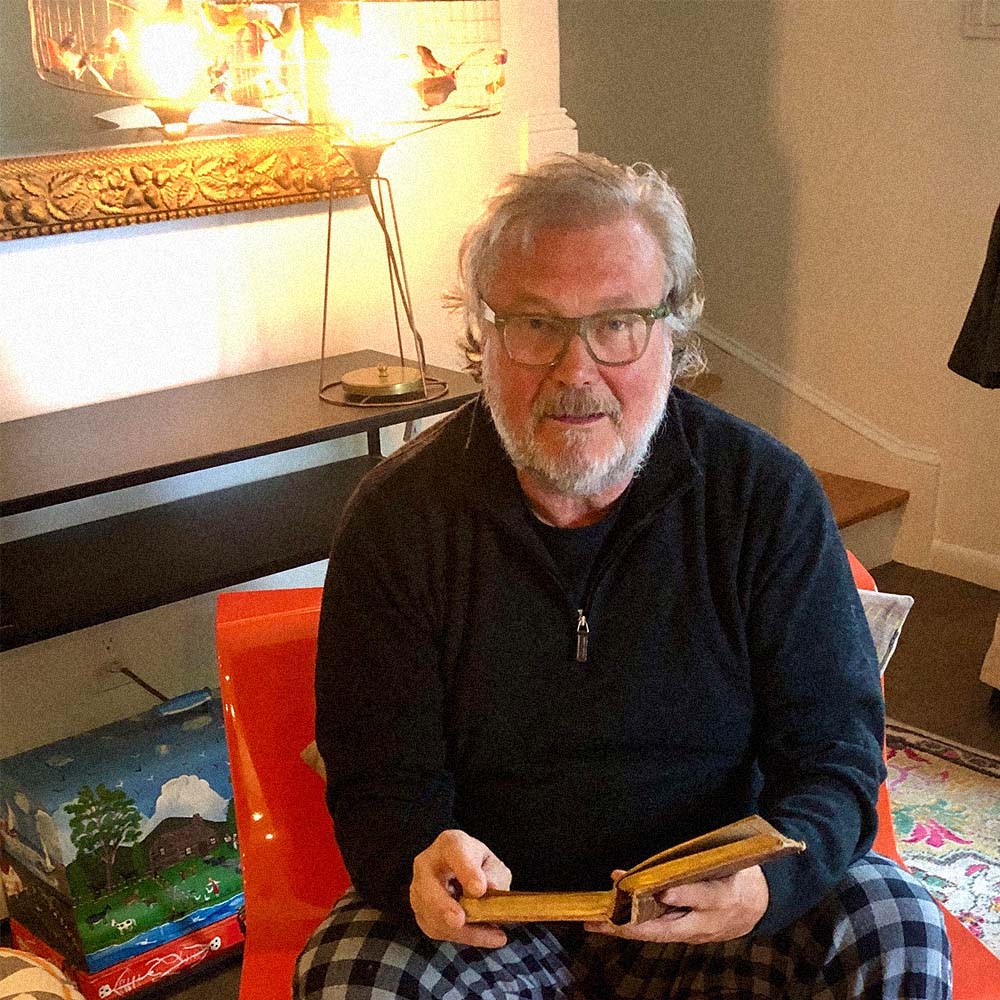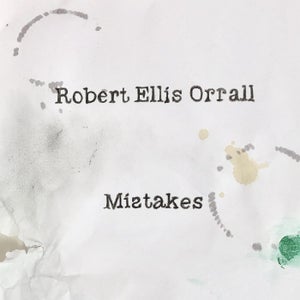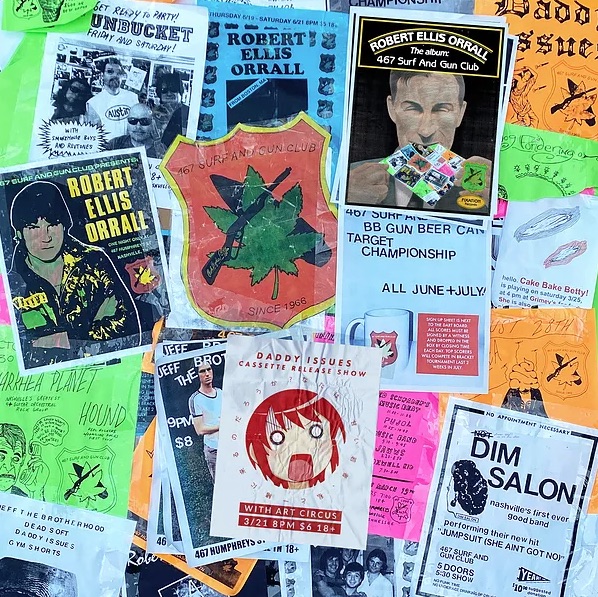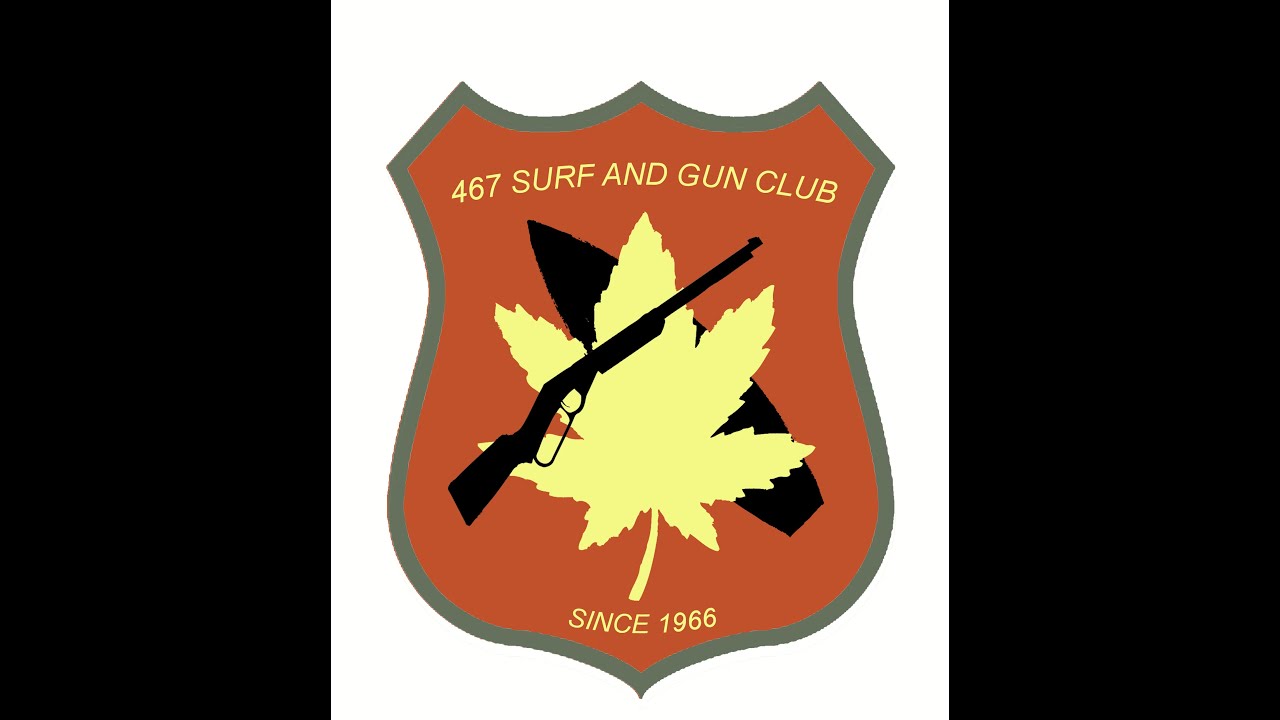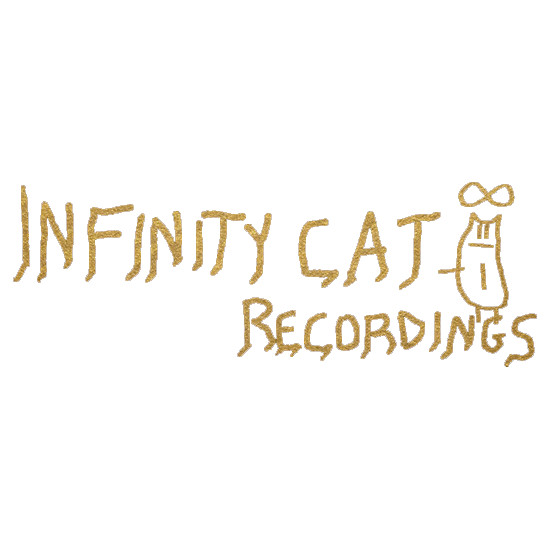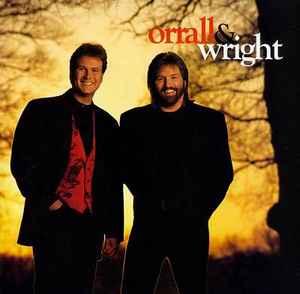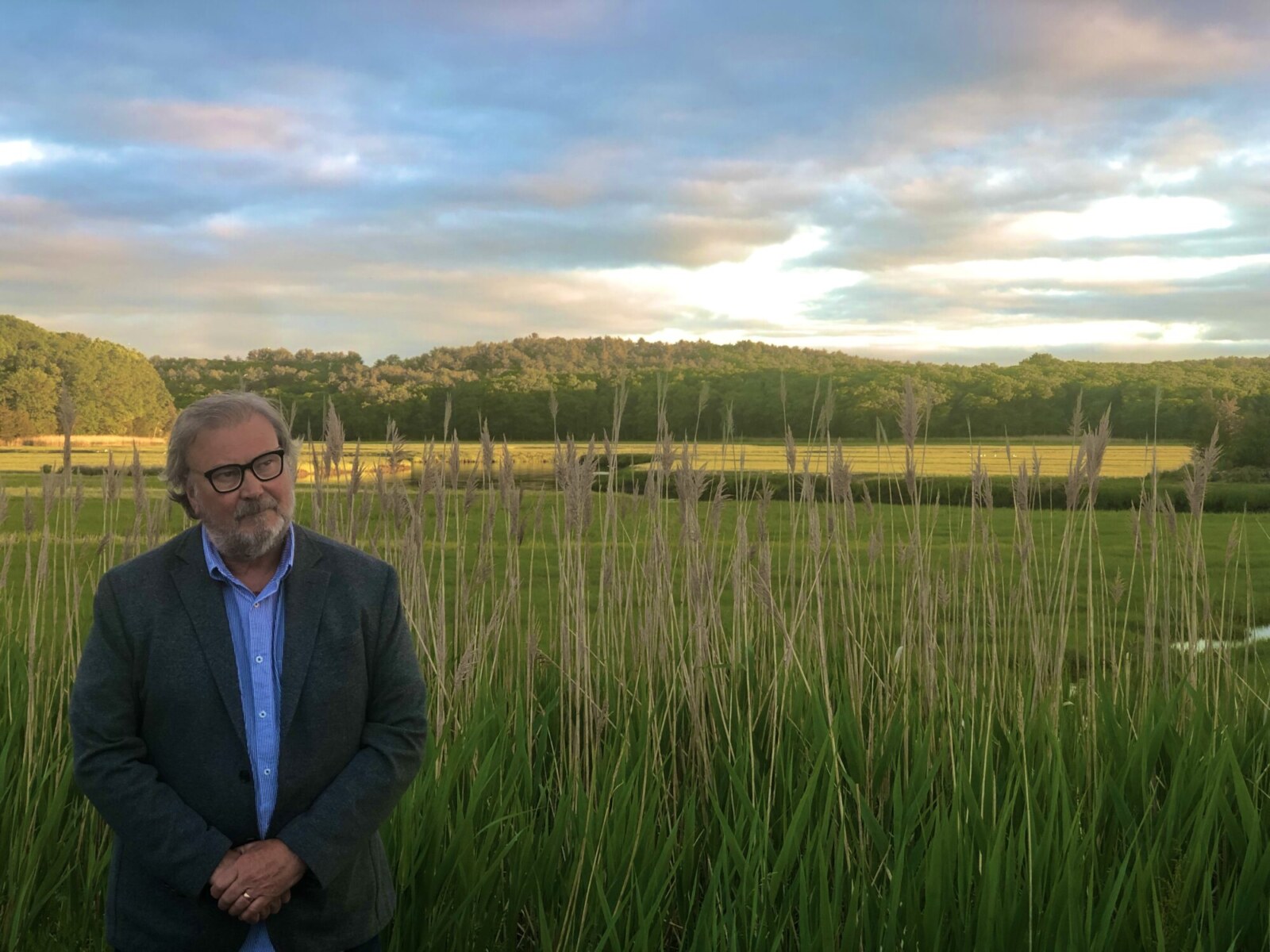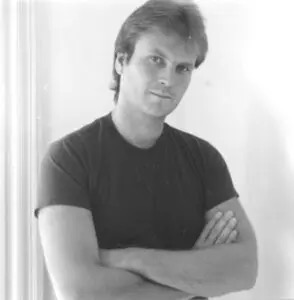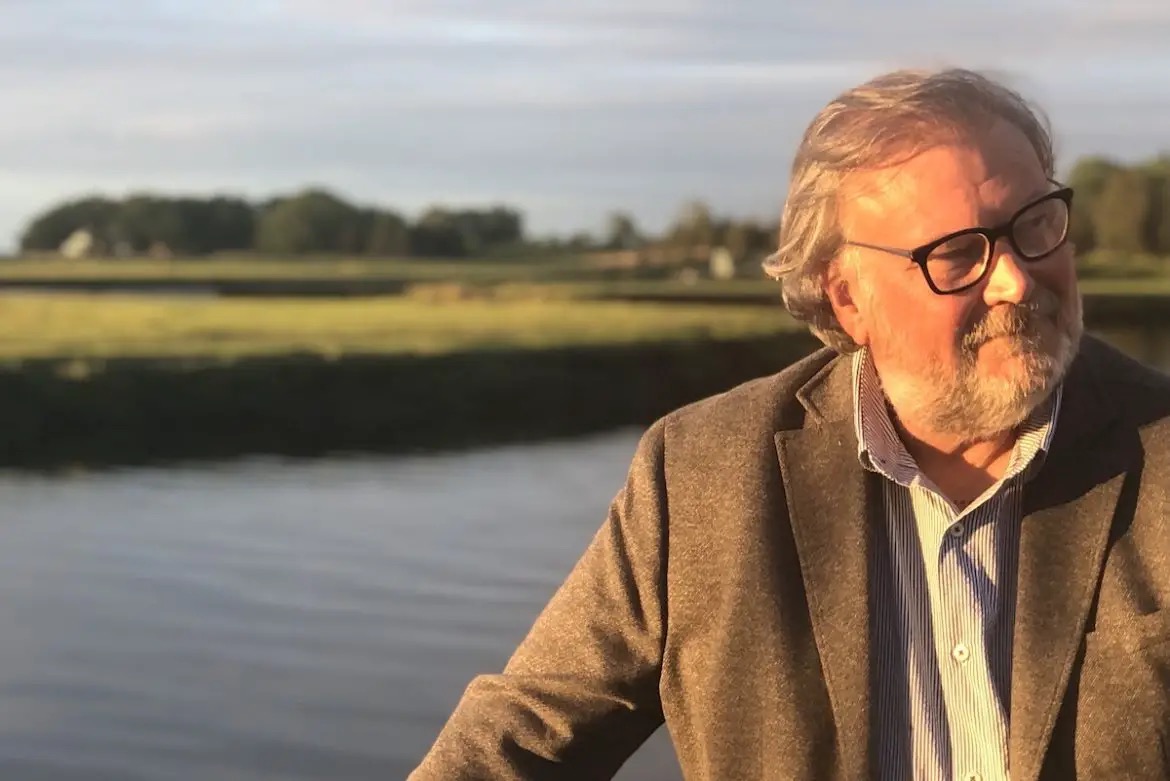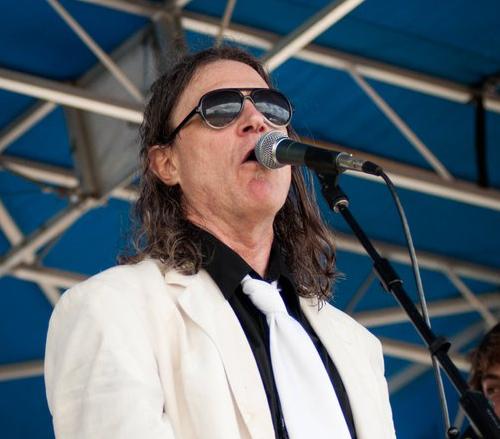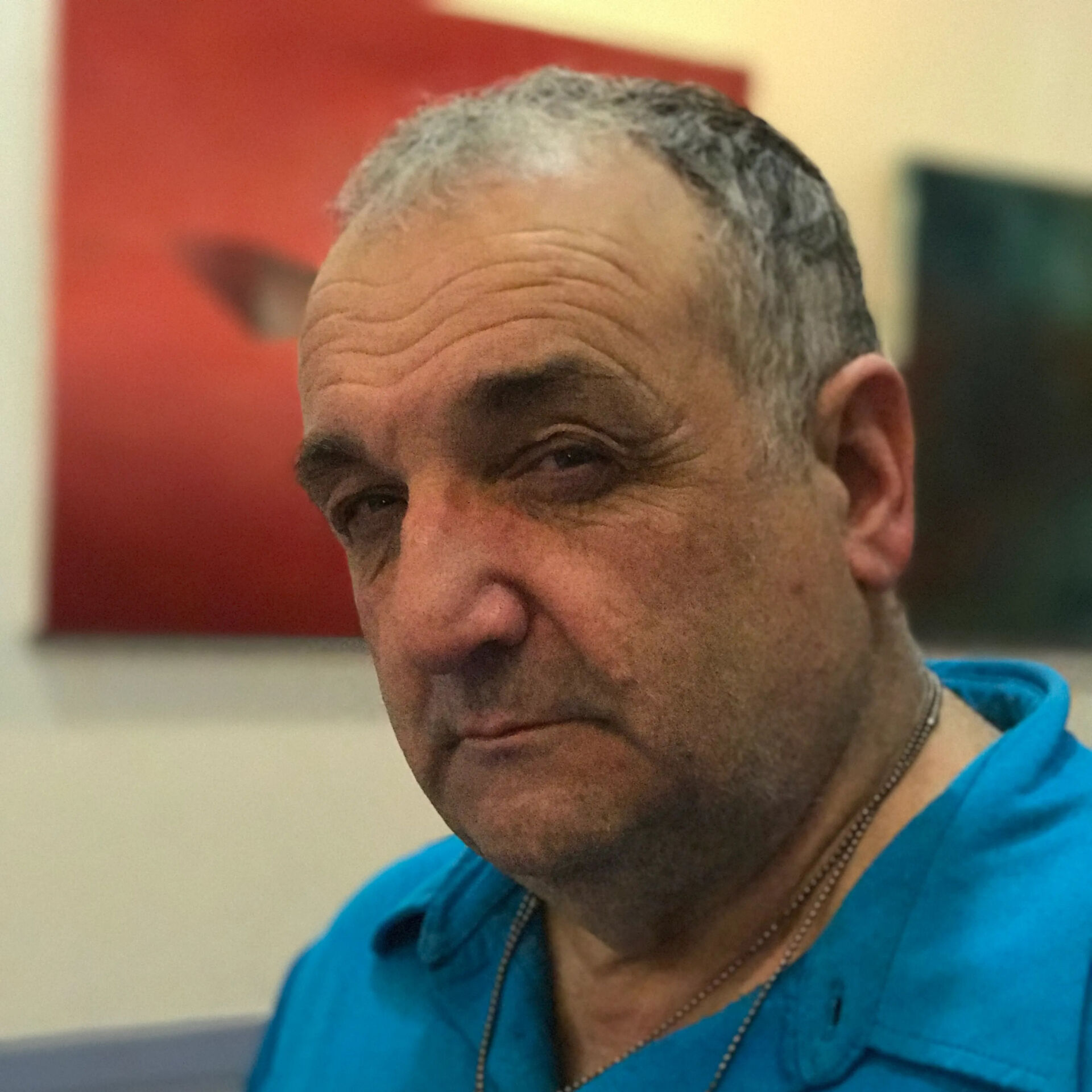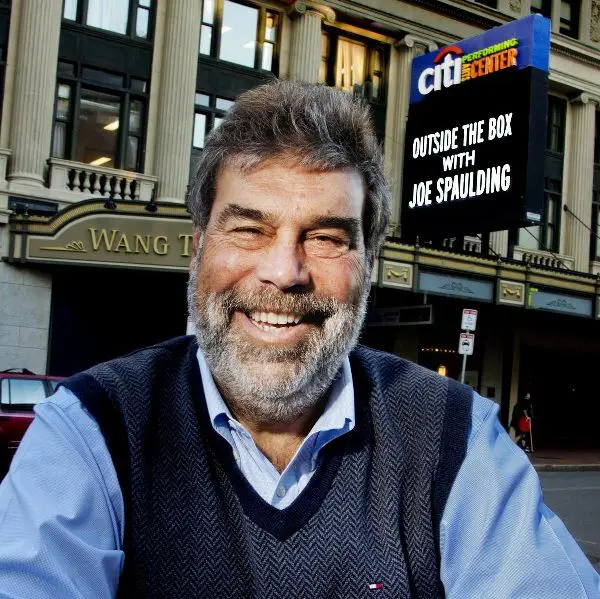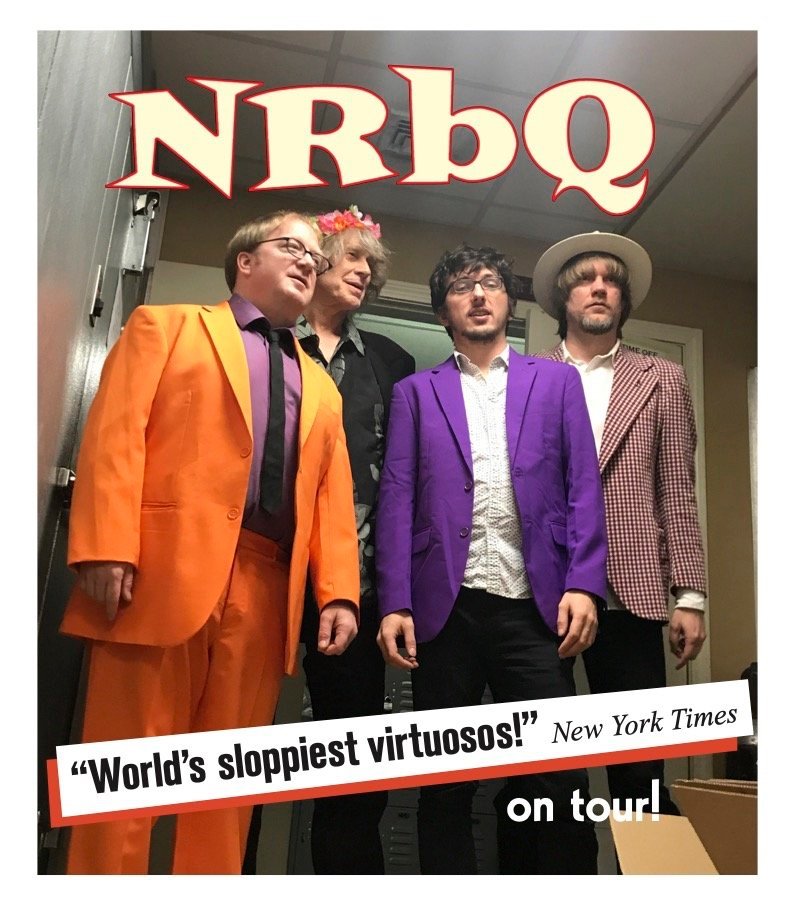Robert Ellis Orrall
Like his fellow New Englanders Jim Rooney, Lori McKenna and Al Anderson, Robert Ellis Orrall is a case study in how talent trumps geography. The four of them have proven that artists hailing from far north of the Mason-Dixon line can be hugely successful in country music’s cradle, Nashville, despite having been nurtured hundreds of miles from the Grand Ole Opry.
Quite unlike the other three, however, Orrall’s earliest musical outings were a far cry from acoustic folk (Rooney, McKenna) and roots rock (Anderson). What makes the singer-songwriter-keyboardist-producer’s foray into country music particularly fascinating is that he arrived to the genre after surfing the synth-soaked “new wave” of the late ‘70s and early ‘80s in tandem with other Boston-based artists who rode that swell like The Cars and ‘Til Tuesday.
Overview
Orrall started his career in the mid-‘70s playing the Boston rock circuit at clubs including the Rathskellar, the Paradise Rock Club and The Metro, during which time the acerbic nature of his lyrics was frequently compared to that of English contemporaries like Joe Jackson, Elvis Costello and Graham Parker.
In the late ‘80s, after cutting a few new-wavey rock discs for RCA, he reinvented himself as a country tunesmith and relocated to Nashville, eventually writing hundreds of songs – including some for artists with household-name status – while working as a solo artist and playing in various rock and country groups. Orrall is a foundational figure in Nashville’s thriving DIY scene and has helped launch and develop the careers of grunge-revival, alt-country and thrash-pop bands on his label, Infinity Cat Recordings.
Known for penning dozens of quirky tunes in his Boston days – “Call the Uh-oh Squad,” “You’ve Had (Too Much to Think)” and “Too Many Bands” among them – he’s become one of the most respected and sought-after behind-the-scenes players in traditional, countrypolitan and progressive country.
Sweet Nothing, RCA Signing
Born on May 4, 1955, in Winthrop, Massachusetts, and raised in Lynnfield, Orrall self-released his debut album, Sweet Nothing, in 1977, recording it at Studio B in Boston. “As far back as high school, I knew I was going to be a songwriter and I hoped to make records. So I thought the best way to learn how was to just make one,” he told It’s Psychedelic Baby magazine in 2021. “I sent that first album to every record label in the USA and I still have all the rejection letters to prove it.”
After putting a band together and hitting the road for the next couple years – “anywhere and everywhere that would have us,” he once said – he gained traction in 1979 by winning a songwriting contest sponsored by the Boston alternative weekly The Real Paper. That helped land him a deal with RCA and he cut two albums and one EP for the label between 1980 and 1984, opening for acts including The Kinks, U2 and NRBQ when he wasn’t headlining.
Fixation
Orrall’s first LP for RCA was 1981’s Fixation, a collection of 12 songs, eight of which he wrote and four of which he cowrote, produced by current Boch Center CEO Joe Spaulding. Backing him were the same musicians he used on his next two albums: guitarist Kook Lawry, keyboardist Brian Maes (later of Orion the Hunter), bassist Don Walden and drummer David Stefanelli. Orchestra Luna guitarist Randy Roos made a guest appearance.
Critics drew comparisons to Joe Jackson, particularly for the song “How Can She (Even Like That Guy),” – an obvious take on Jackson’s 1978 hit “Is She Really Going Out With Him” – and to Elvis Costello for its two- or three-minute bursts of witty word play and rib-tickling rhymes, reminiscent of Costello’s 1980 LP Get Happy!.
Special Pain, Contain Yourself
His next RCA effort was an EP, 1983’s Special Pain. The single “I Couldn’t Say No,” a duet with Carlene Carter (daughter of June Carter Cash), went to #32 in the Billboard Hot 100, both artists’ first appearance on that chart. Producer Roger Bechirian added slickness while keeping the guitars gritty and once again reviews compared Orrall to UK singer-songwriters. “The smart sounds of British pop for a Boston band were just what the doctor ordered,” wrote Boston-based critic Joe Viglione.
In 1984, Orrall recorded a second LP for RCA, Contain Yourself, on which he wrote eight of the 10 songs and cowrote the other two. Also produced by Bechirian, songs like “Walking Through Landmines” added a Roxy Music vibe while the slinky synths of “Kids with Guns” and other tunes brought to mind Talking Heads’ Brian Eno-produced Fear of Music (1979) and Remain in Light (1981). Viglione called it “very much a mass-market version of what Rick Berlin was up to at the time.”
Shift to country, Move to Nashville
Orrall’s shift to country music started when his RCA contract ended. “After a couple more years of touring, it looked like I might not get another deal,” he said in 2021. “So I turned back to my first love, songwriting. One day, looking at Billboard magazine, I noticed that on the country chart the artist and the writer were almost always different people. I thought, ‘Wow they’re cutting outside songs in Nashville! I better check this out.’”
He began listening to Waltham, Massachusetts-based country station WDLW-AM, learning everything he could and writing prolifically. “Those were the days of Steve Earle, Dwight Yoakum, Foster and Lloyd. Country was going through a period of signing very cool artists,” he told It’s Psychedelic Baby. By 1987, Orrall was traveling to Nashville often to present his new tunes to country-focused labels. “I started bearing down on what I had originally set out to do, which is write songs, period,” he said in a 2021 interview with Atwood magazine. “I was making regular trips to Nashville with a bunch of hooks in my pocket.”
In 1989, Orrall relocated to Music City. In 1990, Muscle Shoals-based quintet Shenandoah provided him with his first #1 hit, sending “Next to You, Next to Me” (cowritten with Curtis Wright) to the top of Billboard‘s Hot Country Singles chart. His second #1 came in 1993 with Clay Walker’s rendition of “What’s It to You.”
“Once I got to Nashville, I learned more about songwriting in the first couple years than I had in all the years before,” Orrall said in 2021. “How to cowrite, how to target artists and write songs that fit them, how to get my songs to artists. It was definitely a job, but a job I loved. I was writing five days a week, sometimes two or three songs a day.”
Flying Colors
In 1990, RCA invited Orrall back to the label, which he found simultaneously shocking and thrilling. “Someone from their country division saw me playing at the Bluebird Cafe [in Nashville] and offered me a deal the next day,” he explained in a 2021 interview. “The way they put it was, ‘We want to work with you’ and I thought they meant as a producer. I said, ‘Who’s the artist?’ and they said, ‘You are!’ So I jumped at the chance to make a Boston kind of country album. And I think we did.”
That album was 1992’s Flying Colors, a full-on country disc in stark contrast to virtually anything Orrall had recorded before. Two songs cracked the Billboard Hot Country Songs top 40: “Boom! It Was Over” (#19) and “A Little Bit of Her Love” (#31). In a glowing review, AllMusic’s Roch Parisien compared Orrall’s “throaty, good-natured” singing style to that of Huey Lewis. “If you ever wondered what Huey would sound like with better melodies and a country backing, this disc’s for you,” he wrote.
Orrall & Wright, Other collaborations
In 1994, Orrall teamed with his frequent songwriting partner Curtis Wright to form Orrall & Wright, recording one self-titled album for Warner Bros.’ sublabel Giant. Two songs made the Billboard Hot Country Songs chart – “She Loves Me Like She Means It” (#47) and “If You Could Say What I’m Thinking” (#70) – and the pair were nominated for Vocal Duo of the Year at the Country Music Association Awards.
After Orrall & Wright split in 1995, Orrall returned to his solo career, writing or cowriting singles for Reba McEntire, Taylor Swift, Lindsay Lohan and Michael Peterson – including Peterson’s #1 hit “From Here to Eternity” (1997) – while producing albums by Nashville-based garage rockers Be Your Own Pet and country duo Love and Theft.
Since 2000, Orrall has written over 300 songs for other artists, among them Martina McBride’s “Wrong Baby Wrong” (2010, #11) and Ashton Shepherd’s “Look It Up” (2011, #19). In 2006, he co-produced Taylor Swift’s debut album, which sailed to #1 in the Billboard Top Country Albums chart, and in 2008 he produced her EP Beautiful Eyes, another #1.
Infinity Cat Recordings, Icat Studios, Other albums
In 2002, Orrall and his two sons formed indie-rock label Infinity Cat Recordings and opened iCat Studios, which he’s called “a haven for musicians, with spots to drink, shoot BB guns, watch old surf movies and bond with other local artists.” One of the first acts they signed was Monkey Bowl; Orrall plays in the group under the pseudonyms “Bob Something,” “Art Circus” and “Monkey Bowl.”
In 2004, the band gained attention for the Orrall-penned tune “Al Gore (The Musical)” – a side-splitting take on how the former US vice president lost the 2000 US presidential election after winning the popular vote – which features Gore himself contributing vocals. Among other Infinity Cat artists are JEFF The Brotherhood (fronted by Orrall’s sons), Diarrhea Planet, Heavy Cream and Daddy Issues.
In 1997, Orrall cut the album Mistakes, followed by 1998’s Gravity, both issued by Plastic 350 Records. In 2008, he recorded The Book of Lies, released by RCA Victor/SonyBMG, and in 2021 he self-released his latest LP, 467 Surf and Gun Club, an 11-track, reverb-laden, power-poppin’ rocker.
Comments on songwriting, Producing, “Finest moments”
Asked in 2021 how he writes such successful songs for others, Orrall compared it to bartending. “Just like how a bartender doesn’t curate their drinks to match their personal taste,” he said, “my job is to listen to somebody, get to know what’s going on in their life, the ups and downs, then help them write about what that’s like.”
Asked about production, he said the keys are understanding the artist’s intent and not getting bogged down on any single track. “Listen to the artist’s vision and help them to get to that vision on tape,” he said, “but always move things along and don’t overthink. If a song isn’t working in a few takes, then move on to something that does. You can always come back and try it again.”
Asked about his “finest moments in music,” Orrall said they happened in and around Boston. “That’s tough, but I’ll pick singing the national anthem at Fenway Park,” he said. “Roger Clemens tipped his cap and then showed up backstage the next day when we rocked Sullivan Stadium. Hometown, family, friends, the Red Sox and playing in the home of the Patriots. That was a pretty sweet weekend.”
(by D.S. Monahan)

